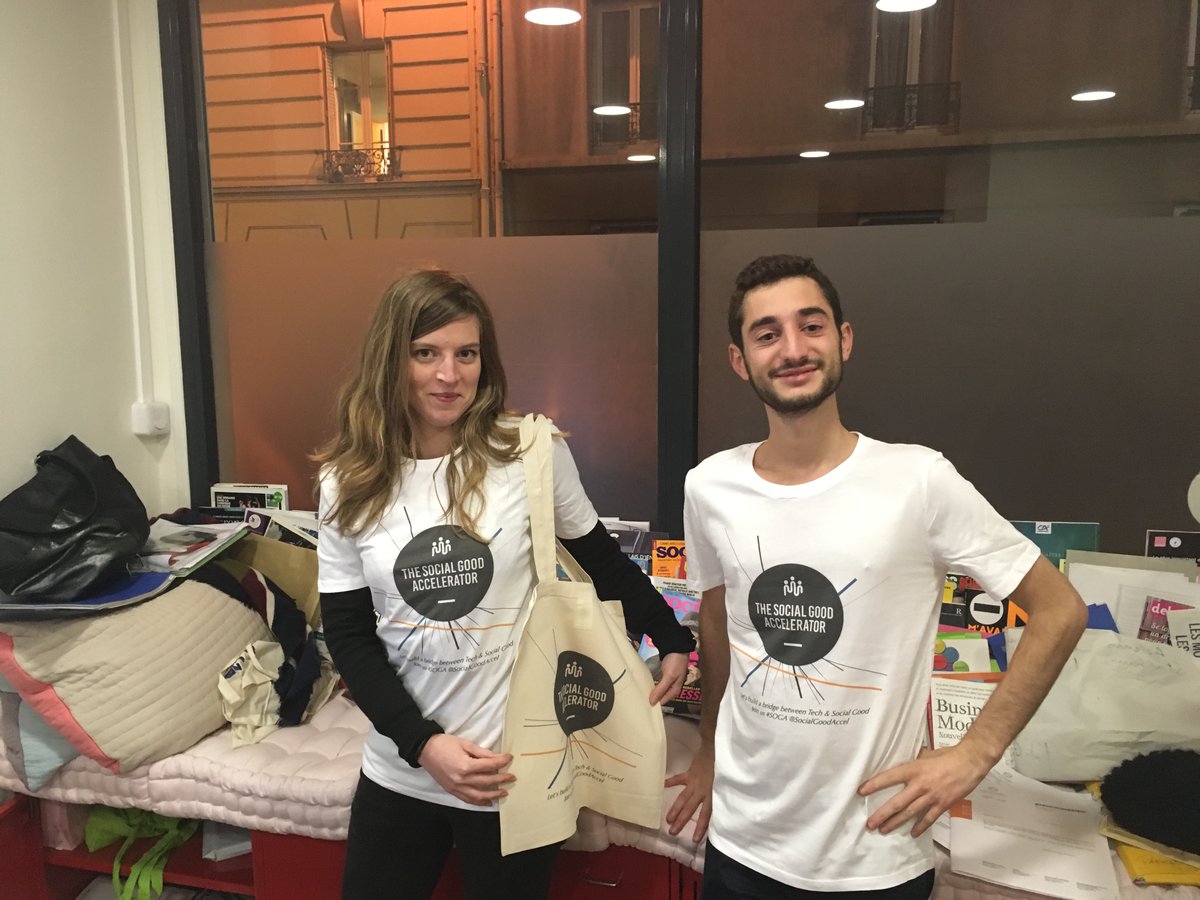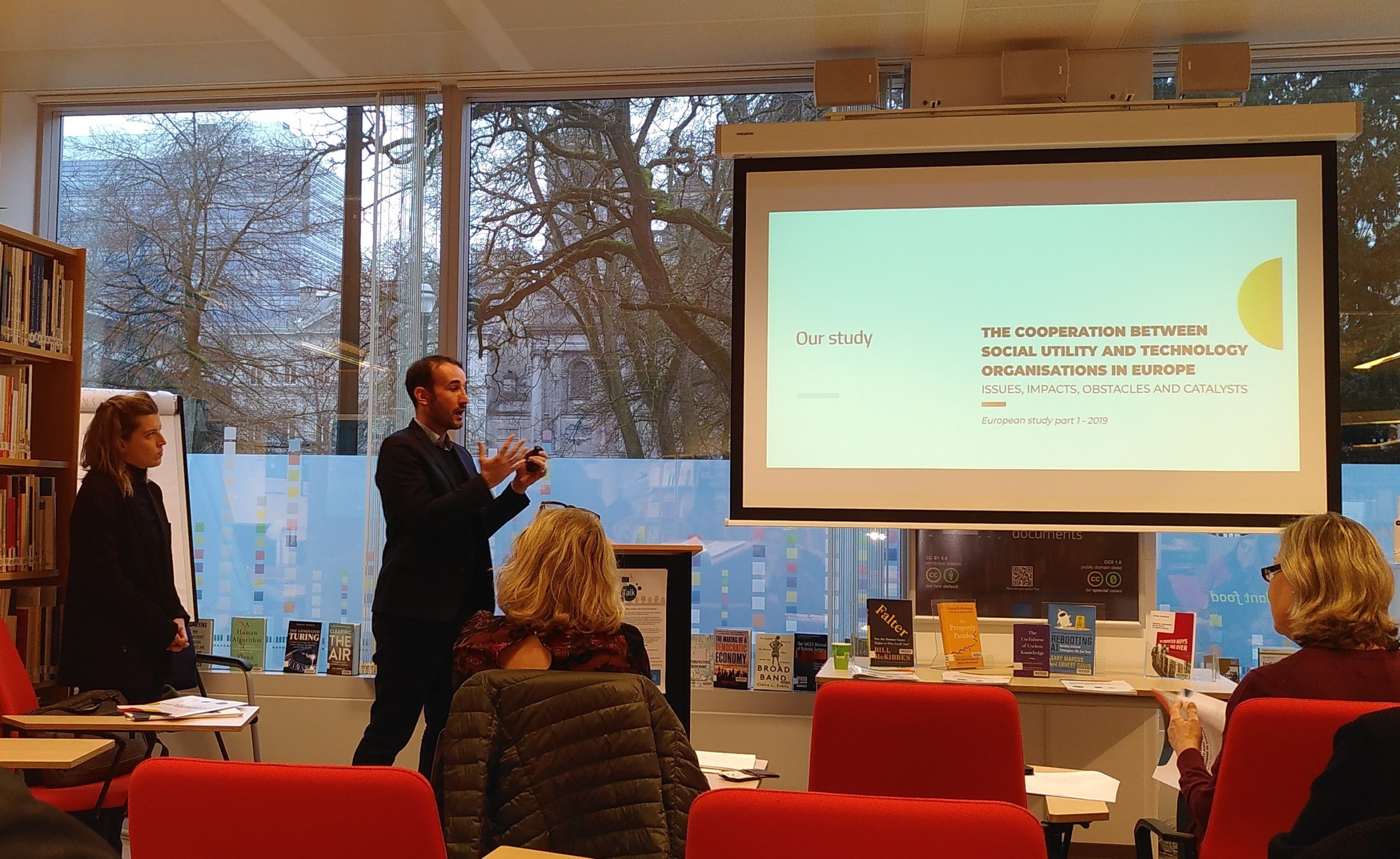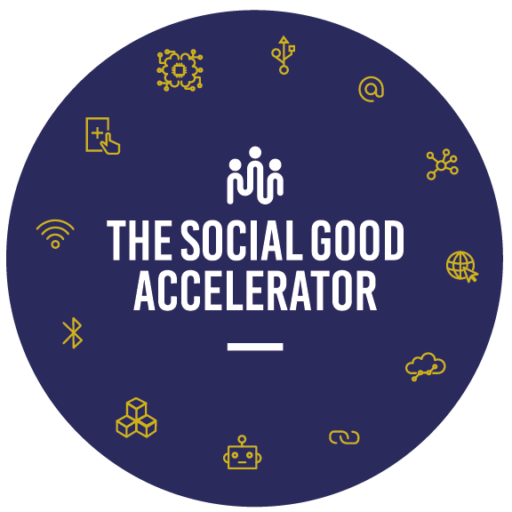Open letter: Anchoring the social and solidarity economy in its digital future
In February 2022, the Social Good Accelerator and its 70 members maintained its vision in its open letter. A better world can only be made with the full support of social economy, which also has to be digitalised. This is how the association defines the key role of the digital transition of social economy in solving social problems with full potential.

In 2018, Jeanne Bretécher and Steven Bertal founded the Social Good Accelerator to gather the digital sector and social economy
Source: Social Good Accelerator
Our vision: to encourage technological innovation actors to develop and collaborate with social innovation actors in Europe
Four years ago, the Social Good Accelerator (SOGA EU) association was born in France from a double observation: on the one hand, the digital transition of social economy organisations in Europe is left to one side by public policies and funders, and on the other hand, the digital models of social economy encounter too many obstacles to their development.
Its 70 members wish to defend together the vision of a digital social economy (Social Tech) and European, centred on “digital commons”, sustainable and available to all, and to have social economy organisations recognised as actors of the technological transition.
SOGA EU’s work aims to inform social economy actors and decision-makers of the innovative responses proposed to mitigate the digital divide, Uberisation, platform abuses and to promote equity for people who are far from employment, discriminated against in training and retraining.
The challenges: towards a collaborative and responsible digital model for tomorrow’s economy
In the framework of the European Social Economy Action Plan, which SOGA has been working on, and especially the need for new ideas to emerge to build resilience for all, social economy necessarily has a role to play.
However, as our study – ‘Cooperation between social utility and tech actors in Europe’ – has shown, most social economy organisations – whatever their status – encounter obstacles in their development similar to those of very small enterprises, with additional difficulties linked to their lack of profit, the financing of projects to the detriment of the structures, and the lack of sectoral organisation on these issues.
To meet the challenges of today and tomorrow, SOGA believes that the digital transition can be an opportunity to finally scale up the European SSE, provided that it creates real alternatives and new economic, social and environmental opportunities. To activate this lever, SOGA is promoting and developing digital mediation, UX design and open data.
Our actions: the urgent need to accelerate the digital transition of social economy for a new European horizon
To address the status quo in this area, the Social Good Accelerator managed to :
- publish a European study on cooperation between social economy and Tech actors.
- conducting advocacy at national and European level.
- launch the first mapping of Social Tech in Europe and soon present the first European information and guidance platform with associated professions (with support from the European Erasmus+ fund).

The Social Good Accelerator’s team presented its research work to the DG Grow, in Brussels, in January 2020
Source: Social Good Accelerator
Since 2018, the media, public policy and funders’ views have shifted towards :
- an awareness in the social economy sector of its backwardness and difficulties in terms of digital transition – particularly highlighted by the health crisis.
- a consideration of territorial needs in terms of digital mediation to preserve territorial equality and access to fundamental rights.
- a need to correlate ecological and digital transition to decarbonise the economy.
- the observation that some digital citizen responses were effective during the health crisis, as they remain.

The Social Economy Action Plan and its presentation were a watershed moment for the sector
Source: European Commission
Our proposals: give the social economy the tools for a successful digital transition
Ensuring effective equal opportunities and rights to digital transformation
There is a latent lack of training for digital talent, including in the SSE. This is why the public authorities need to provide an impetus to promote support for the digital transformation of organisations that are both economic players and intermediaries for the most vulnerable populations. In this respect, the European action plan for the social economy includes a digital component. The recommendations contained therein give levers of action to the decision-making bodies to act in the direction of these two sectors. Both France and the European Union must set an example and promote ambitious policies to support this change in the general interest.
Developing digital skills: digital citizenship and new jobs.
While almost 85% of the jobs that will be practised in 2030 probably do not yet exist, it seems essential to gradually train the active population for the transformations of the economy, which is becoming increasingly digital and social.
Together with three European partners, SOGA has devised a step-by-step training programme through the Social Tech Academy project. The idea here is to develop digital skills by pooling resources on existing training in these areas. The focus on a resource platform aims to enable the digital transformation of the EU, which has the ambition to train 80% of the Union’s population in basic digital skills by 2030.
Unlocking funding for digital innovation in social economy organisations and the development of new models
Through European actions and forward thinking, SOGA works to build bridges between local actions and European policies through a common collaboration framework.
Nevertheless, they require fiscal, normative and financial support and continuous mobilisation to promote alternative models.
In the meantime, SOGA wishes to further explore the potential for cooperation between social economy and digital actors in Europe. There are many possibilities to achieve cross innovation, i. social and sustainable digital innovation: setting up a European model of “social tech” clusters, promoting project collaborations between social economy and innovative SMEs, or an ambitious European development programme for open and free technologies and databases. We ask to facilitate access to funding for new models combining digital transition and social economy.

In 2018, the pioneers of the Social Good Accelerator organised the Social Innovation Village in the Web Summit in Lisbon
Source: Social Good Accelerator
Cooperation and digital commons: continuation and upcoming events
In the framework of the European Social Economy Action Plan, which SOGA has been working on, and especially the need for new ideas to emerge to build resilience for all, social economy necessarily has a role to play.
Under the impulse of France, the Social Good Accelerator community, and more globally the social economy structures from all over Europe have the hope to see the issues of :
-
-
-
-
-
-
-
-
-
-
-
-
-
-
-
-
-
-
- inclusive and equitable digital transformation in the territories
- promotion of alternative cooperative models
- digital skills development
-
-
-
-
-
-
-
-
-
-
-
-
-
-
-
-
-
The importance of the sector in France favours its promotion. The benefits of this sustainable economic and social model must be developed by the French Presidency of the Council of the European Union in line with the Social Economy Action Plan, presented on 16 December 2021 by the European Commission. The time has come to anchor social economy in its 2.0 version for greater resilience and full inclusion of all publics.
The Social Good Accelerator is counting on this momentum to continue to assert that the open data and the social and digital nature of the economy carry within them a European model in the making. As further evidence of the importance of a healthy public debate and the central role of epistemic communities like ours, see you in 2022 in Strasbourg on the occasion of the Conference on Social Economy, and for the European Social Good Week which will promote the digital social economy ecosystem between Paris, Lisbon and Brussels.

